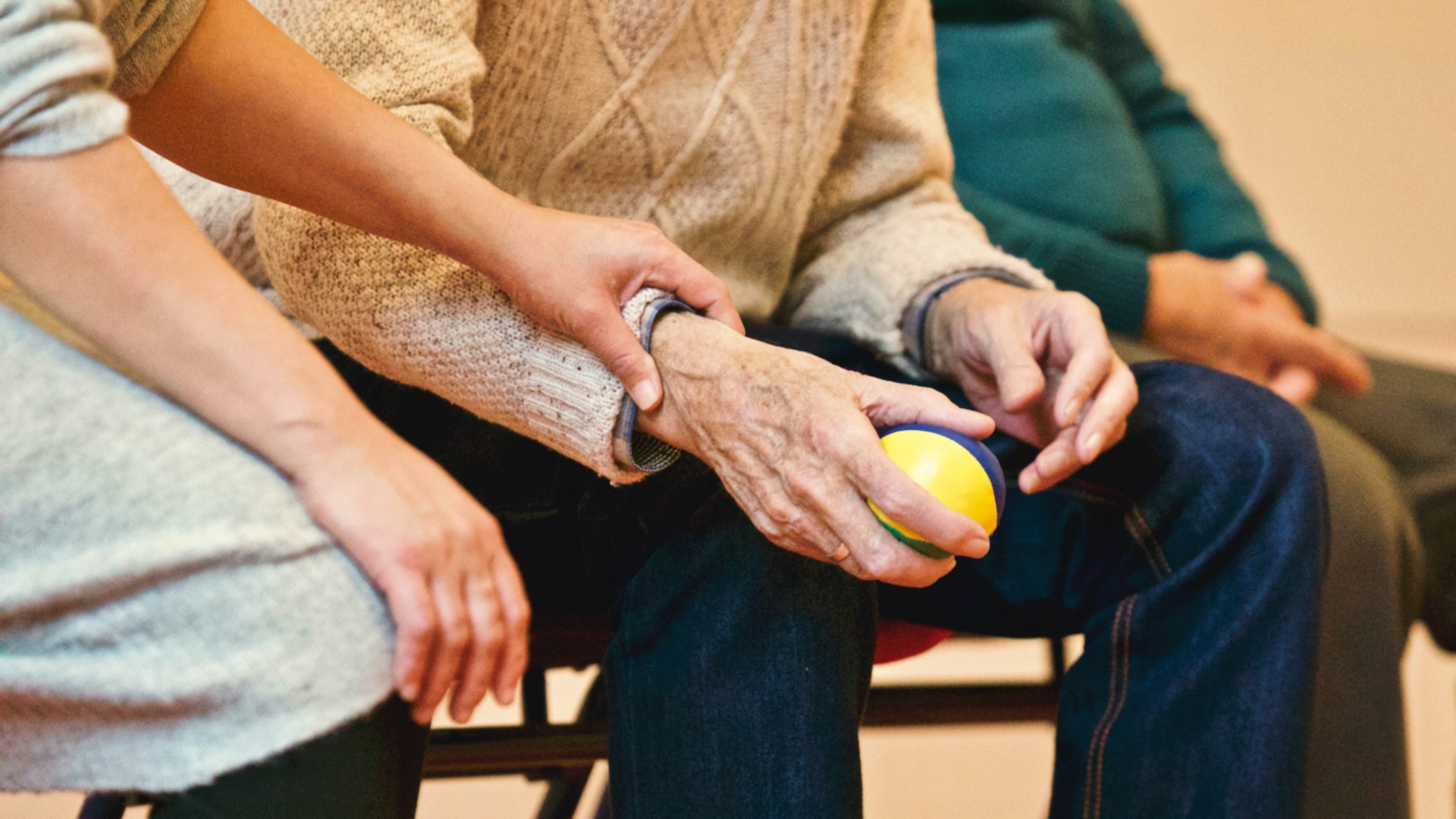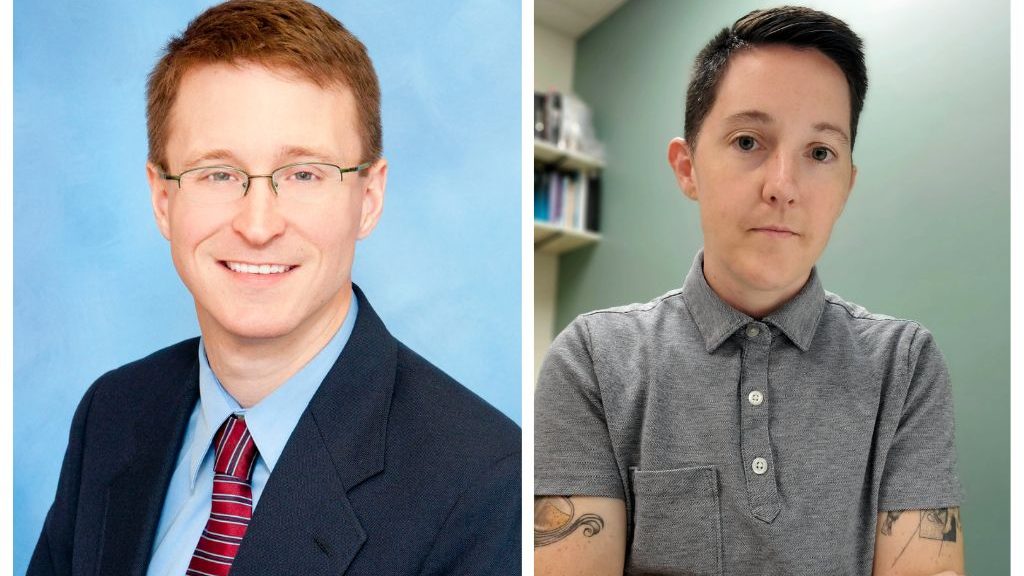Survey finds older adults rely on religion and spirituality in health care
Survey respondents see a role for their health care providers in helping them cope with illness by looking for meaning or hope.

The University of Michigan’s National Poll on Aging found that older adults between 50-80 years old sometimes share their religious and spiritual beliefs with their healthcare providers. The respondents believe it’s important to have religious or spiritual beliefs to cope and heal.
Dr. Adam Marks, a clinical associate professor UM, cares for adults and children who are facing serious illnesses and need end-of-life care.
“We recognize that a serious illness, in particular, will have spiritual aspects, cultural aspects, certainly psychosocial, emotional aspects of care and that as healthcare providers we need to be attending to all aspects of a serious illness and a patient’s experience,” he says.
Listen: Survey finds older adults rely on religion and spirituality in health care
The survey found that while some older adults disclose their beliefs to healthcare providers, they don’t want healthcare providers asking them about religious or spiritual beliefs.
LJ Brazier, a chaplain at Michigan Medicine, says patients want to know physicians care about the information they share if they chose to.
“Folks who are saying, ‘I don’t know if I need my health care provider, my physician, presumably to be asking me about my beliefs and practices. However, when I am going through a serious health challenge, my beliefs and practices are going to be a big part of helping me cope, my beliefs and values, my deeply held beliefs and values are going to be a big part of helping me cope with that health challenge.'”

Brazier believes patients receive the best care when physicians, spiritual care providers, social workers and others collaborate on care and connecting patients with resources or advocating for their needs — including patients who may not share the same religious or spiritual beliefs.
“As healthcare providers in a big academic medical center and relatively diverse area, we are inevitably going to be called to care for people whose cultures are not like ours. So there’s always going to be some concordance and some discordance at the same time.”
Dr. Marks says there’s an ongoing effort for healthcare providers to learn how to talk about religion and spirituality, and connecting patients with chaplains and other resources for coping while hospitalized.
Trusted, accurate, up-to-date.
WDET strives to make our journalism accessible to everyone. As a public media institution, we maintain our journalistic integrity through independent support from readers like you. If you value WDET as your source of news, music and conversation, please make a gift today.

